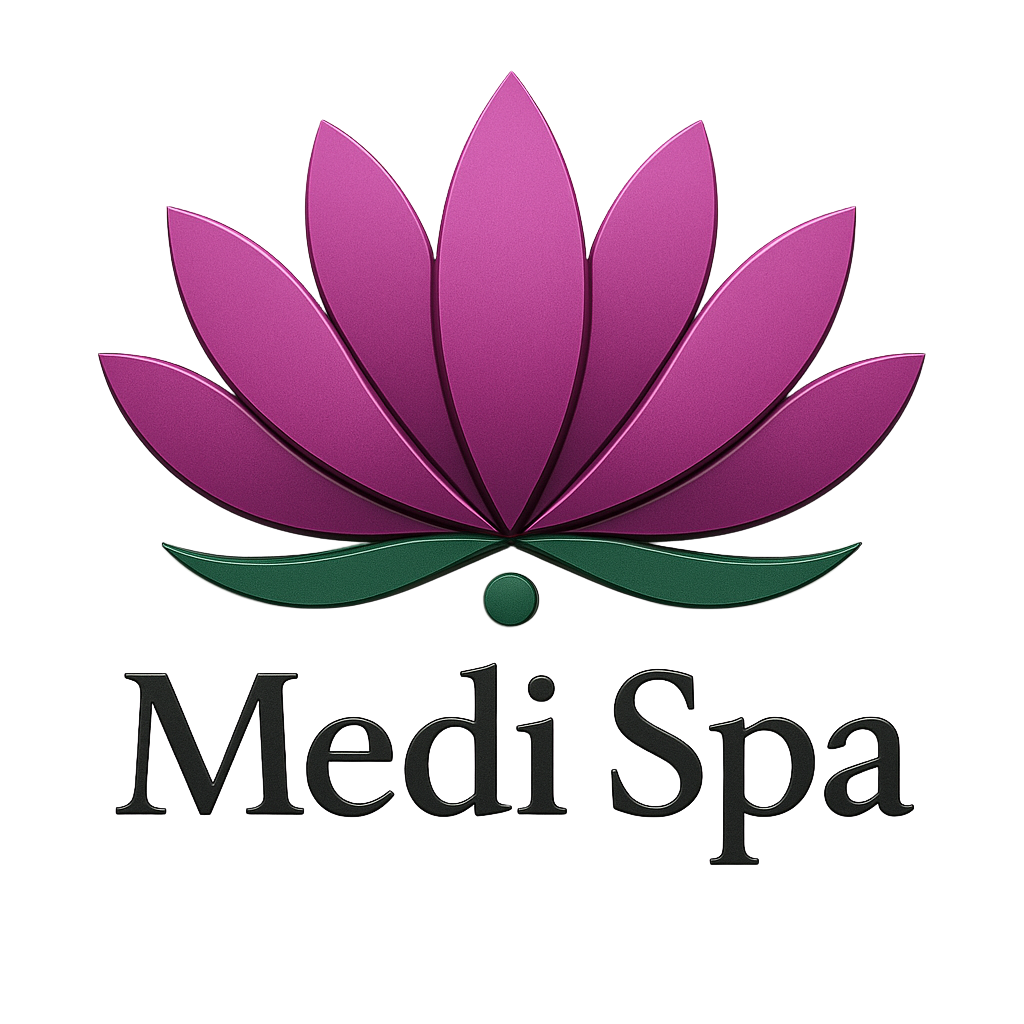Monday after noon 2 pm to 4pm
Wedneday – 9 am to 12 pm
Thursday – 9 am to 12 pm

What exactly is Watsu?
In Warm Waters, How Does Watsu Work
Delve into the therapeutic effects of Watsu in warm water environments, including spas, thermes, and hydrotherapy pools.
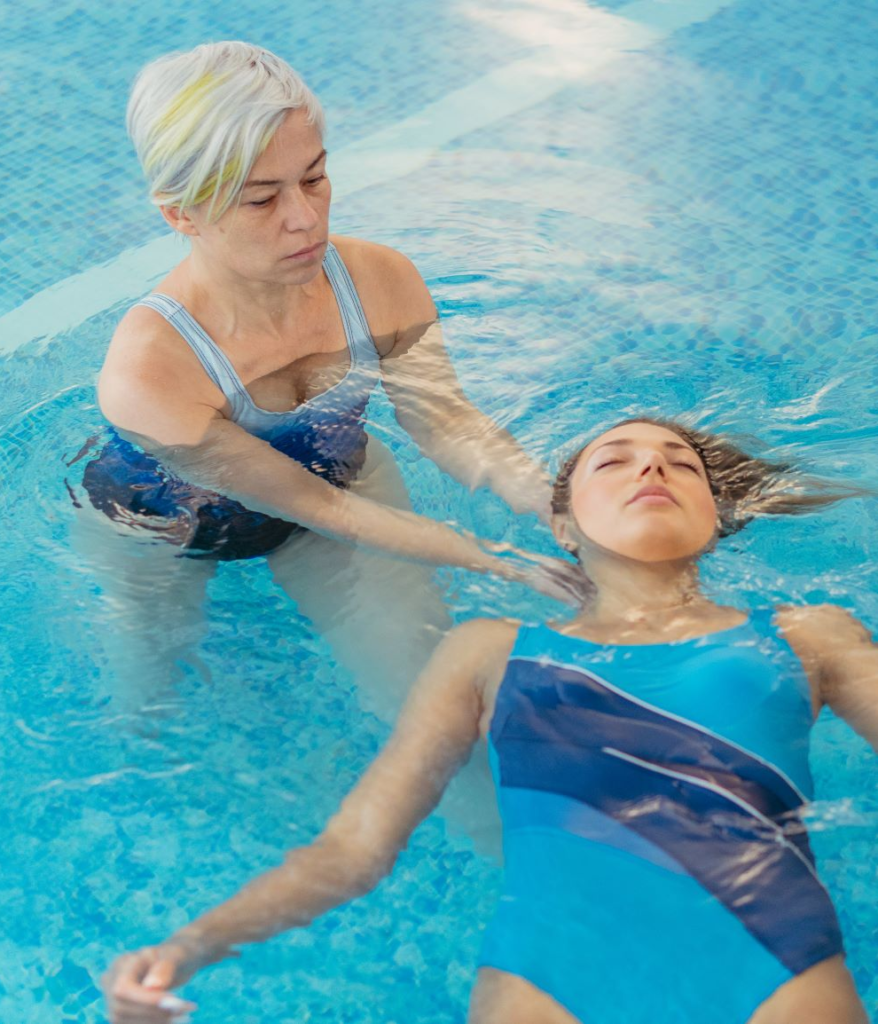
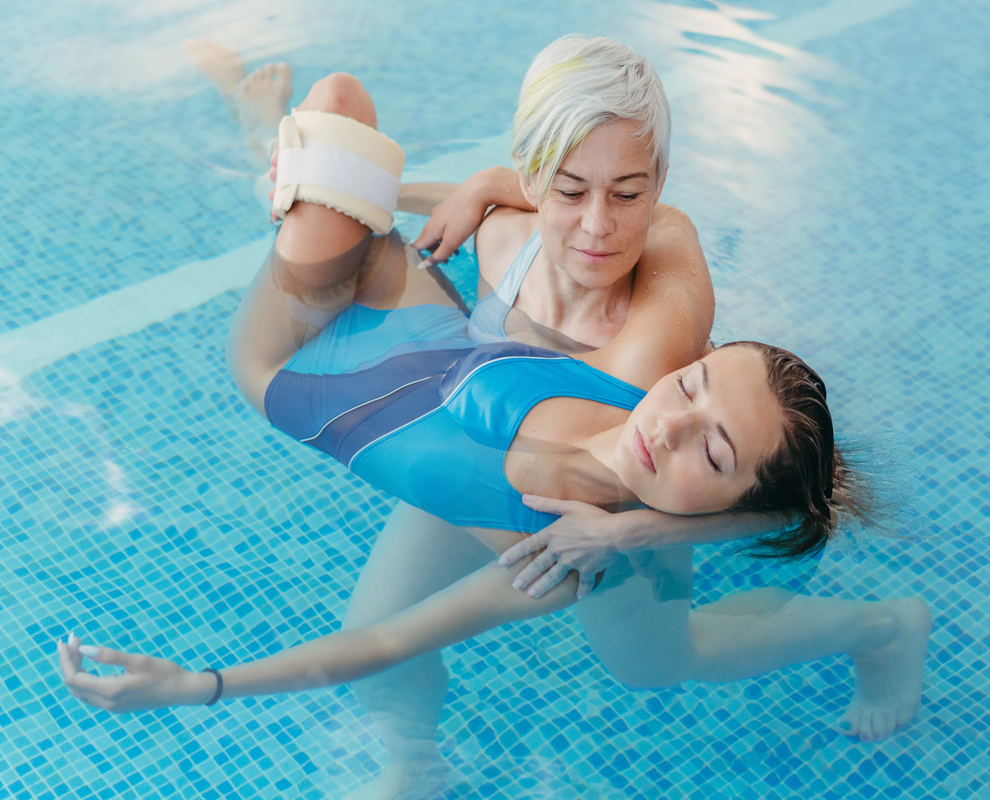
Watsu and Sea Water: A Rejuvenating Mix?
Mineral Springs and Watsu: Balneotherapy Insights
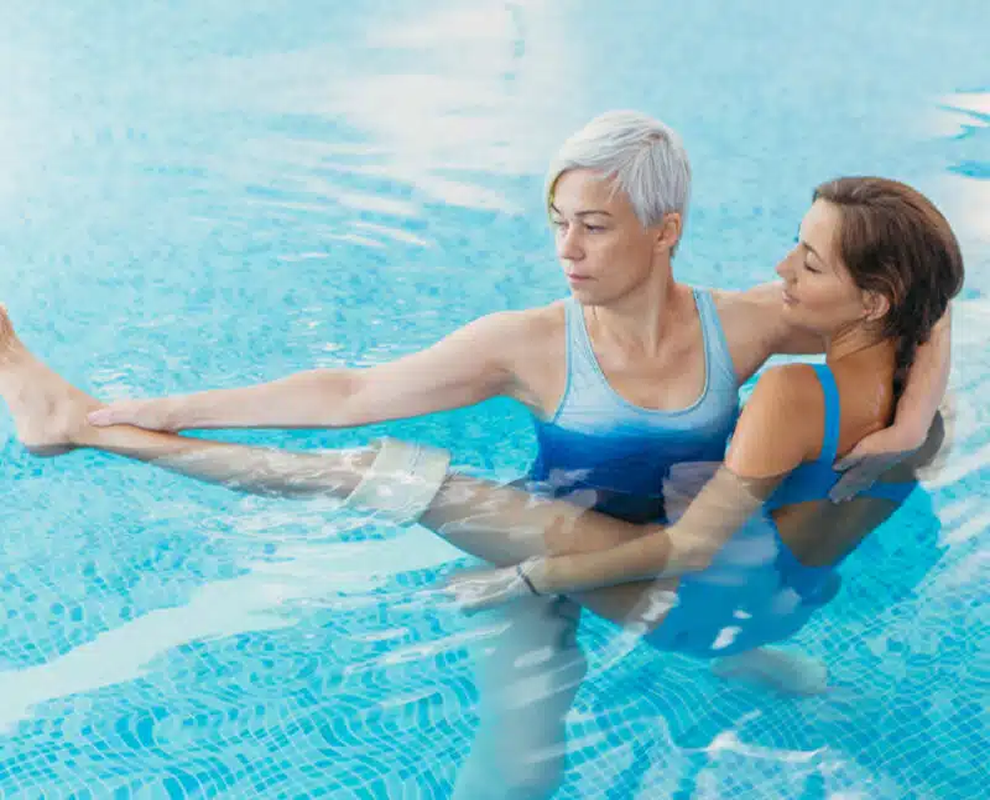

Watsu in Hydrotherapy Pools: What to Expect?
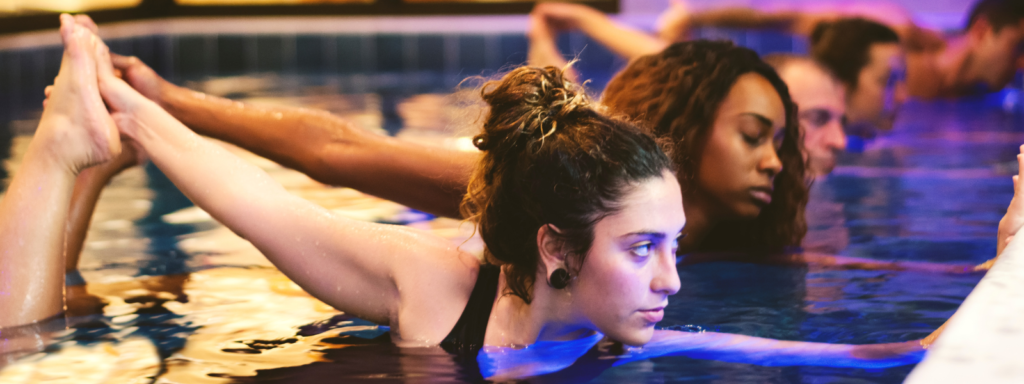
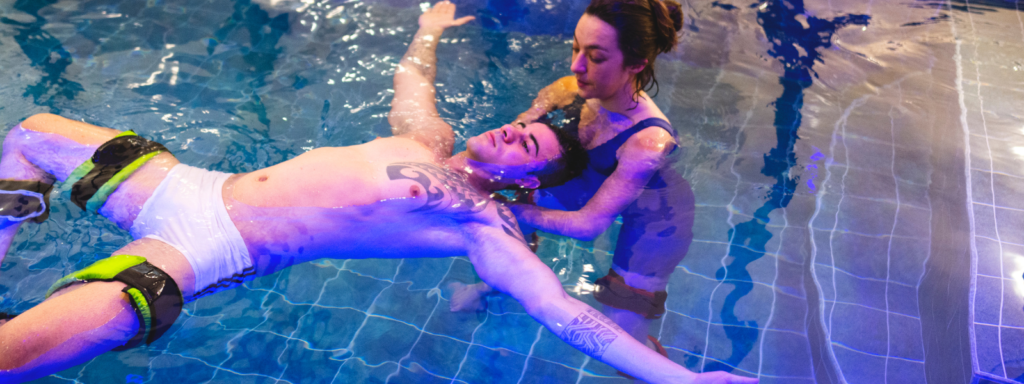
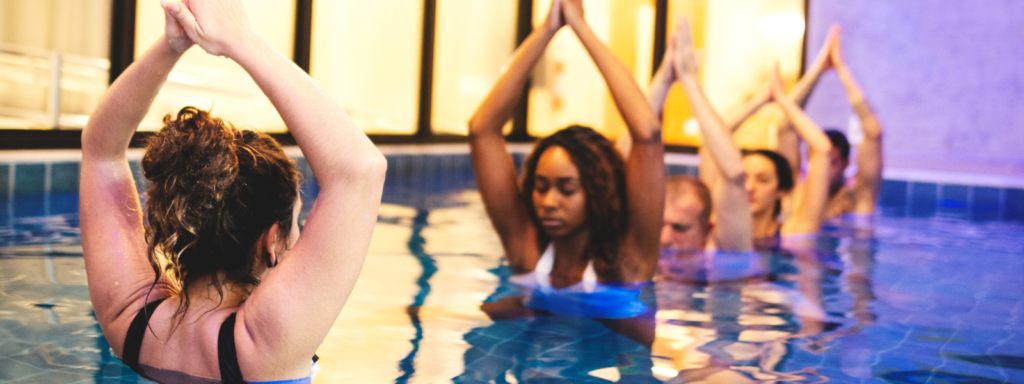
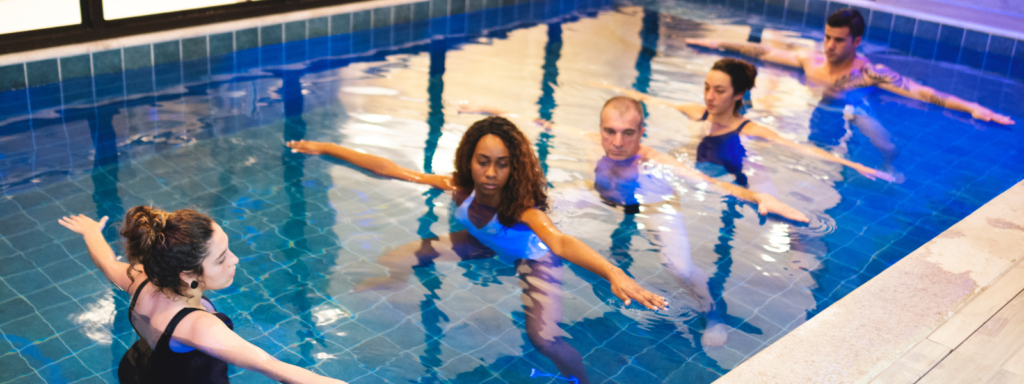
Trusts and your fears and limitations are extremely important to you and for a watsu practitioner to understand almost on intuitive level and spiritually as there is a closeness and intimacy in being vulnerable and sharing these things.
The Magic of Thalassotherapy in Watsu

Watsu and Floatation Therapy: A Synergistic Approach
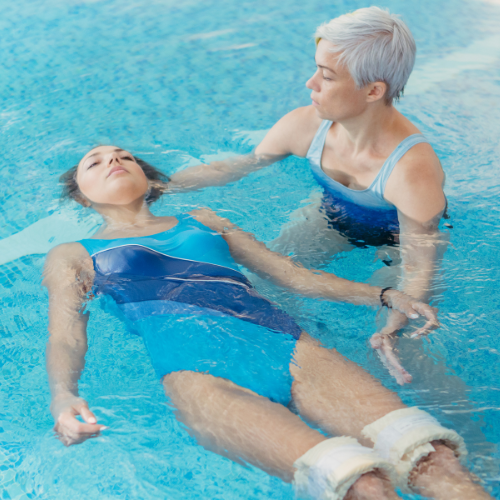
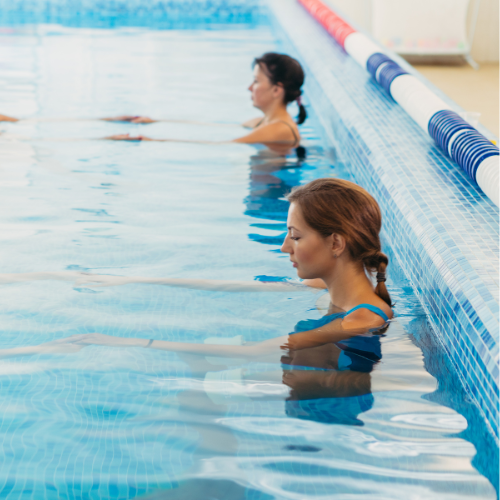
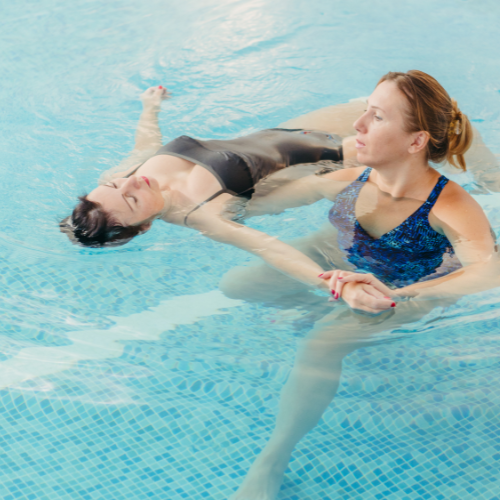
Types of Stretches we do and much more in treatments.
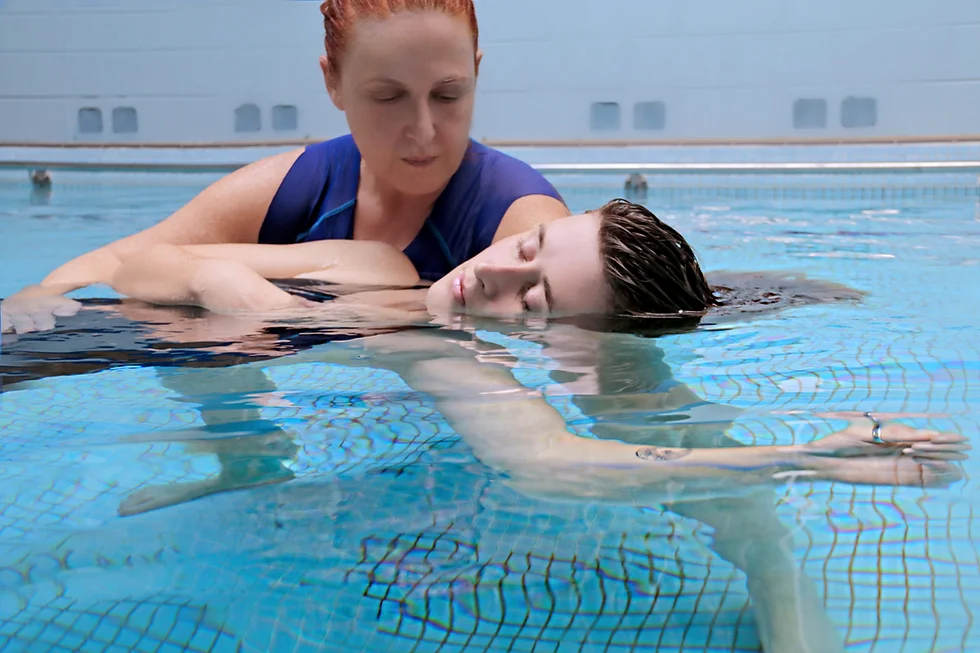
Stretching in Watsu: A Path to Restoration
Trunk Twist:
Harbor Seal
Undulation
Dolphin
Hip Opener
Rocking Horse
Back Arch
Ballet Leg
Purpose: Emulates the elegance of ballet, enhancing leg flexibility and balance.
Shoulder Lift
Extended Arm Stretch
Zen Stretch
Twist and Spiral
Each of these moves combines Shiatsu, stretches, and rhythmic movements to work along the body’s meridians, promoting energy flow and balancing the body’s systems. The goal is to create an environment where the recipient can experience deep relaxation, allowing for natural breath expansion, effortless floating, and a profound sense of ease. As practitioners skillfully combine these moves, they facilitate a therapeutic and harmonious experience for the individual receiving watsu.
How Effective Is Watsu for Pre-Operation Preparation?
Investigate the potential benefits of Watsu as a pre-operative therapy, addressing its impact on mental and physical preparation.
To help you with fitness, mobility, and healing by lowering your blood pressure and Introduction:
Watsu, an aquatic bodywork therapy, has the potential to improve pre-operative preparation by reducing stress and improving overall well-being.
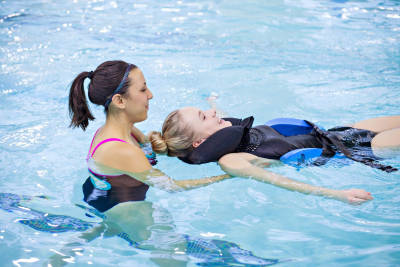

Key Benefits:
Stress Reduction: Watsu’s gentle movements in warm water induce deep relaxation, effectively lowering pre-operative stress and anxiety.
Muscle Relaxation: Buoyancy and Watsu techniques alleviate muscle tension, easing physical discomfort associated with pre-operation apprehension.
Enhanced Circulation: Watsu’s aquatic environment promotes improved blood circulation, contributing to better overall physical readiness for surgery.
Calming the Nervous System: Soothing Watsu motions can calm the nervous system, fostering slower and deeper breathing to promote a positive pre-operative mindset.
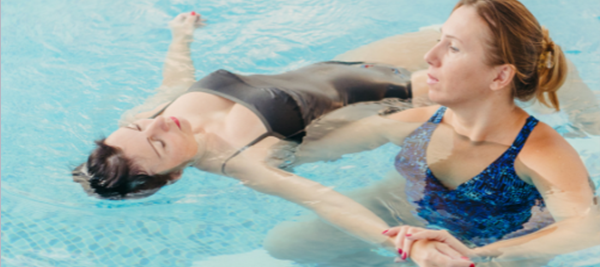
Effectiveness and Considerations:
Patient Testimonials: Positive testimonials highlight a sense of calm, increased mental clarity, and improved emotional well-being.
Individual Variances: Effectiveness may vary based on factors such as comfort in water, prior bodywork experiences, and the nature of the upcoming surgery.
Integration with Pre-Op Practices: While a valuable addition, Watsu is not a substitute for medical advice. It should be integrated into a comprehensive pre-operative care plan developed with healthcare professionals.
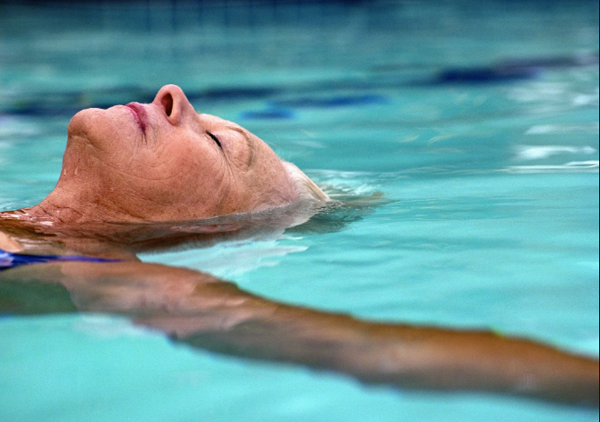
Watsu for Stress, Depression, and Disabilities: Real Stories
Diverse Clientele:
Global Reach:
Clients, both local and from distant locations, visited Medispa, experiencing the unique and spiritually connected Watsu sessions.
Testimonials:
Some clients, though not all filmed due to privacy concerns, provided testimonials highlighting the exceptional health benefits and the profound, magical, and immersive nature of Watsu.
Continuing the Journey:
Global Watsu Family:
Even after two decades as a practitioner, the global Watsu family continues to expand, fostering a supportive community of practitioners and clients.
Current Offerings:
Presently, while in Sheffield, Watsu is offered in various settings, including hydro pools,private warm pools, thermas, hydro spas, and warm seawater, ensuring accessibility for clients seeking this unique therapeutic experience.
Healing Benefits:
Holistic Bliss:
Watsu, described as a magical experience, nurtures the heart and mind, inducing states of relaxation and bliss. Clients reported relief from mental, emotional, and physical pain.
Spiritual Connection:
Watsu sessions at Medispa were noted for their spiritual connection, offering a unique blend of physical therapy and spiritual nourishment.
Conclusion:
Prices and Booking Information:
- Session Details
Price: £100.00 plus vat for a 60-minute session. - Arrival Time: Please arrive 15 minutes prior to your session. Late arrivals will result in a deduction from your treatment time.
- Cancellation Policy
If you need to cancel, please do so within 72 hours prior to your treatment. Failure to notify through email, text, and call will result in the full payment being charged.
- Booking Confirmation
Upon online payment, you will receive a text and email confirming your booking with details of the date, time, and venue.
- Location Highlights:
All Watsu locations are showcased in the highlights section, displaying pool images and providing links and addresses.
- What to Bring:
Bring a costume, shorts, water, towel, hair cleaning/shower gel, and a light snack if you’re traveling. - Disability Access: Facilities include a hoist, harness, disabled access, and toilets and showers. If you require assistance, although adaptations are available, most clients can get by without them.
- Travel Services:
I offer Watsu sessions in various locations, including mineral spas, springs, and private pools. If you have a location with a warm hydrotherapy pool, feel free to contact me for a session.

